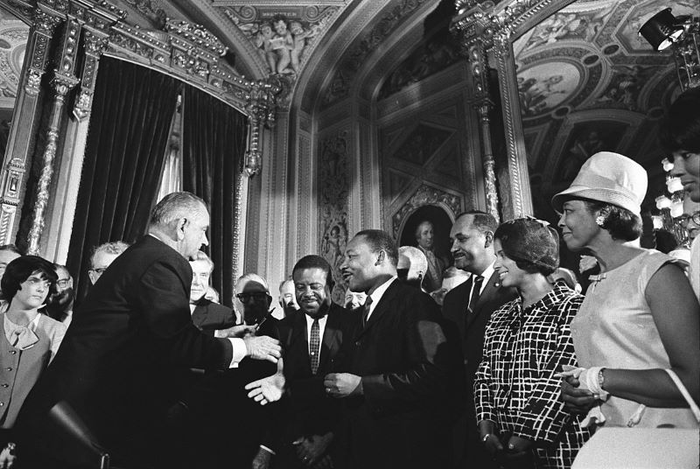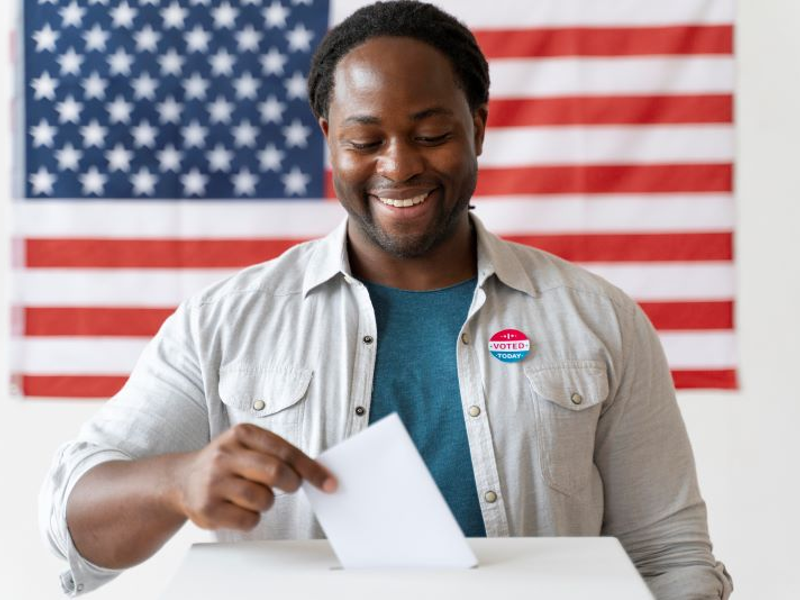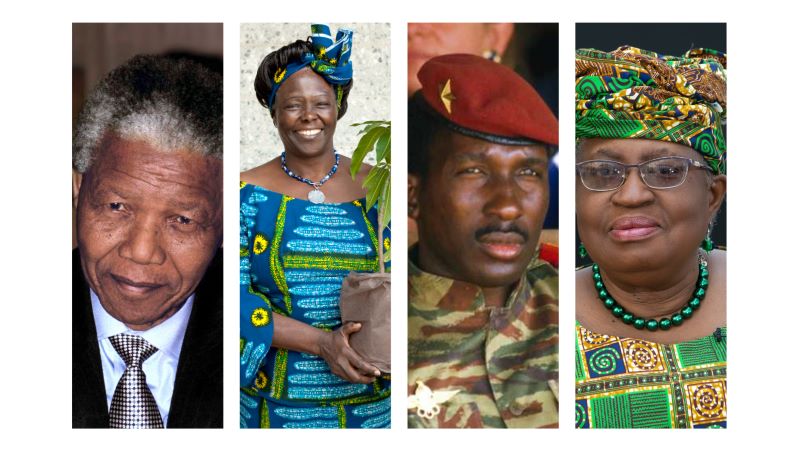Image by Freepik
It could therefore be said that the Black vote is a rather influential force in the U.S. elections. Black Americans participated in the struggle for women’s right to vote, during the Reconstruction period, and hold that they have been playing an active role in the contemporary elections in the United States.
A History of Struggle and Resilience
Voting for the Black Americans has therefore not been an easy entitlement because Black Americans have continuously had to challenge the system for a vote. The Civil War and the following amendment of the Constitution Fourteenth Amendment which proclaimed African Americans’ right for citizenship but it did not guarantee the right for voting. Freedom and formal legislation were promised by the Fifteenth Amendment that declared in 1870 that the right to vote could not be denied for race or color or previous status of slavery. Nonetheless, due to the amendment, the southern states’ maneuvers aimed at Strip African Americans of their right to vote included poll taxes, literacy tests and the now infamous ‘grandfather clause’.
Despite such constraints, Blacks did not relent in their struggle for the right to vote in elections. The change of the period was during the 1960s civil rights movement where famous activists such as Dr. Martin Luther king jr. Participated in demonstrations and boycotts implementing what has to do with the right to vote. The latter was a turning point, in that it eliminated a significant number of barriers to the Black vote that had long been in place. This legislation enhanced Black voter registration especially in the southern region of what this country where voter suppression was rife.

President Lyndon B. Johnson and Martin Luther King, Jr. at the signing of the Voting Rights Act of 1965. Yoichi Okamoto , Public domain, via Wikimedia Commons
The Modern Struggle: Voter Suppression and Disenfranchisement
The Voting Rights Act of 1965 became a victory but the struggle for people’s voting rights still goes on. In the recent past, the United States Supreme Court through the Shelby County v. Holder case in 2013 struck out some of the most vital sections of the Voting Rights Act thus stripping federal authorities of the mandate of monitoring state and local laws on voting. In the aftermath of the case, many of the states’ legislatures passed new restrictive voter laws that negatively impacted Black voter turnout. These measures include enforcement of voter identification laws, shortening the early voting periods and doing away with same day registration. Furthermore, effects of political gerrymandering, and felony disenfranchisement still remain present and do harm to Black people. Voter manipulation, especially Blacks has been practiced through redrawing of congressional districts by many states. On the same note, through mass incarceration, an appalling number of Black people is left disenfranchised since they cannot vote. To some, these tactics are reminiscent of the fact that, even today, voting rights for Blacks are not guaranteed and that Blacks must be steadfast in their ballot defense.
The Power of the Black Vote in Modern Elections
Still Black vote continues to be one of the most significant and important voter groups in the American political arena. Blacks have been very active in exercising their rights in voting and more especially in the critical elections. For example, in the 2020 presidential election, it was possible to note that Black voters played a crucial role in choosing those candidates who paid close attention to the problem issues that affect Black communities, including economic inequality, health care issues, or the reforms of the criminal justice system. The election also dragged the spotlight to Black women’s significance as voters in the United States of America. In her piece, Maza rightfully asserts that Black women are the most dedicated to the Democratic Party and have played an active role in trying to encourage more people to go out and vote and fight for their rights. Much of the leadership and participation in societies has stuck their necks out to ensure the community votes and changes the polity as a whole.
Looking Ahead: The 2024 Election and Beyond
The upcoming election is not just about choosing a president or electing representatives; it is about defining the future of American democracy. Black voters have the power to shape this future, but it requires engagement, vigilance, and a commitment to using their vote as their voice.
Conclusion: Why the Black Vote Equals Their Voice
The history of Black voter suppression in the United States is a testament to the power that lies in the Black vote. It is a power recognized and feared by those who have sought to suppress it. Yet, despite centuries of disenfranchisement and systemic oppression, Black Americans have consistently fought to have their voices heard through the ballot box.
In the face of ongoing challenges, it is more important than ever for Black voters to exercise their right to vote. Their vote is not just a means of selecting leaders, but a declaration of their presence, rights, and power in a democracy that has too often sought to silence them. As we look toward the 2024 election and beyond, the Black vote remains a critical force in the ongoing struggle for equality and justice in America.
The stakes are high, and the power of the Black vote is undeniable. It is a voice that demands to be heard and can potentially drive transformative change in the United States.

Anand Subramanian is a freelance photographer and content writer based out of Tamil Nadu, India. Having a background in Engineering always made him curious about life on the other side of the spectrum. He leapt forward towards the Photography life and never looked back. Specializing in Documentary and Portrait photography gave him an up-close and personal view into the complexities of human beings and those experiences helped him branch out from visual to words. Today he is mentoring passionate photographers and writing about the different dimensions of the art world.





